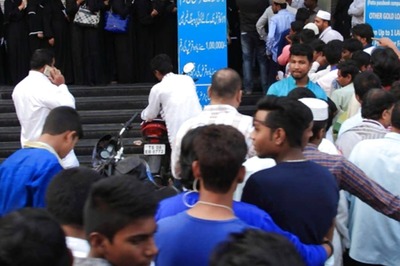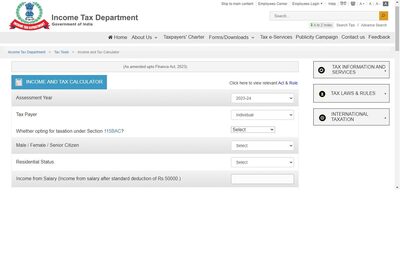
views
window._taboola = window._taboola || [];_taboola.push({mode: 'thumbnails-a', container: 'taboola-below-article-thumbnails', placement: 'Below Article Thumbnails', target_type: 'mix' });Latest News
When India is about to embark on the 12th five-year plan and the nation has got a new incumbent in Raisina Hill and Independence Day comes close on heels, things do not look bright for Indian polity and economy.
The downgrading of Indian economy by Standard and Poor’s and Fitch, all- time low for Indian rupee, uncontrollable inflationary spiral, bode ill for the nation. As the finance minister has demitted office, he can be happy about being kicked upwards on a personal level, nothing more.
More unfortunate is the internecine political rivalry of multitudinous parties which impedes national progress in every sphere. Parameters like GDP, increase in the number of Indian billionaires in Forbe’s magazine will be misleading so long as vast sections of population are not happy and contented.
It has been the fate of Aam Aadmi to subsist in penury in the midst of opulence. S&P cites an extra-constitutional power centre wielding ultimate power as the reason for India’s tardy progress. Constitutional functionaries lack political will and courage and commitment to lead India forward.
The PM and HM have gone on record many times lamenting that Maoism is the gravest threat to India’s internal security.
But they remain helpless spectators of the scene incapable of facing the challenge either through law and order mechanism or through development programmes for the Adivasi areas which are treasure troves of precious mineral deposits.
It was correctly said that there are three segments in India - thriving India, surviving India and struggling India. Development has not percolated to the bottom layer of slum dogs. We cannot eradicate poverty through hollow slogans like ‘Garibi Hatao,’ but only through concerted action and visionary policies.
One unfortunate experience of Indian democracy where different political formulations are alternately voted to power is that succeeding governments undo what the preceding government did. A lot of resources, time and effort are dissipated in such a forward and backward governance.
Political instability costs the country very dear. Parliaments and assemblies which should be effective fora for constructive and positive discussion and exchange of ideas in a conducive atmosphere of decorum often degenerate to pandemonium and cacophony since ruling parties and opposition are at loggerheads with each other. History tells us that countries have tried national governments at times of national crisis for cohesiveness, unification, and solidarity to face challenges. It is time India tried this experiment, since 60 years of experience of single party rule, coalition and minority rule with external support etc have not paid dividends.
For a country which tried broad coalition, national government will be an extension of the idea, since it will be the broadest coalition on the basis of proportional representation and a broad consensus on policies and programmes for governance.
Such a government can effectively function in a delicate system of checks and balances without succumbing to Coalition Dharma paving the way for massive corruption.
The relative better performance of UPA-I testifies to possibilities of such an experiment. Progressive policies like Rural Employment Guarantee Scheme were set in motion under UPA I.
But with the exit of left parties, corruption of gigantic proportions began to raise their ugly heads, bringing Anna Hazare movement to centre -stage causing ripples across the world. Eternal vigilance is the price of democracy. When all parties are part-takers of power, they will have to be vigilant to rein in corruption. In such a scenario, parochialism, divergence of opinion, political rivalry, and one-upmanship can yield way to national spirit, unity of purpose, sense of direction and different political formulations can pull together for national progress, welfare and social and economic justice.
After World War II, E. M. Forster pleaded for a psychological atmosphere of tolerance and cooperation among warring countries of Europe for the reconstruction of Europe smarting under the pain of a devastating war.
It worked and Europe progressed. So can India, if the national parties, regional parties of all hues can come together into the melting pot of Indian nationalism and work towards a resurgent India. A sense of participation in government will make an attitudinal change among all parties from negative opposition to positive, constructive effort.
A national government can bring a paradigm shift in India where teeming millions are crying for real freedom. It is not just enough to boast about democracy as the best form of government, but it is important to judge how well it functions and delivers the good.
(The writer is former professor of Christian College, Chengannur. The views in the article are the writer’s own)

















Comments
0 comment